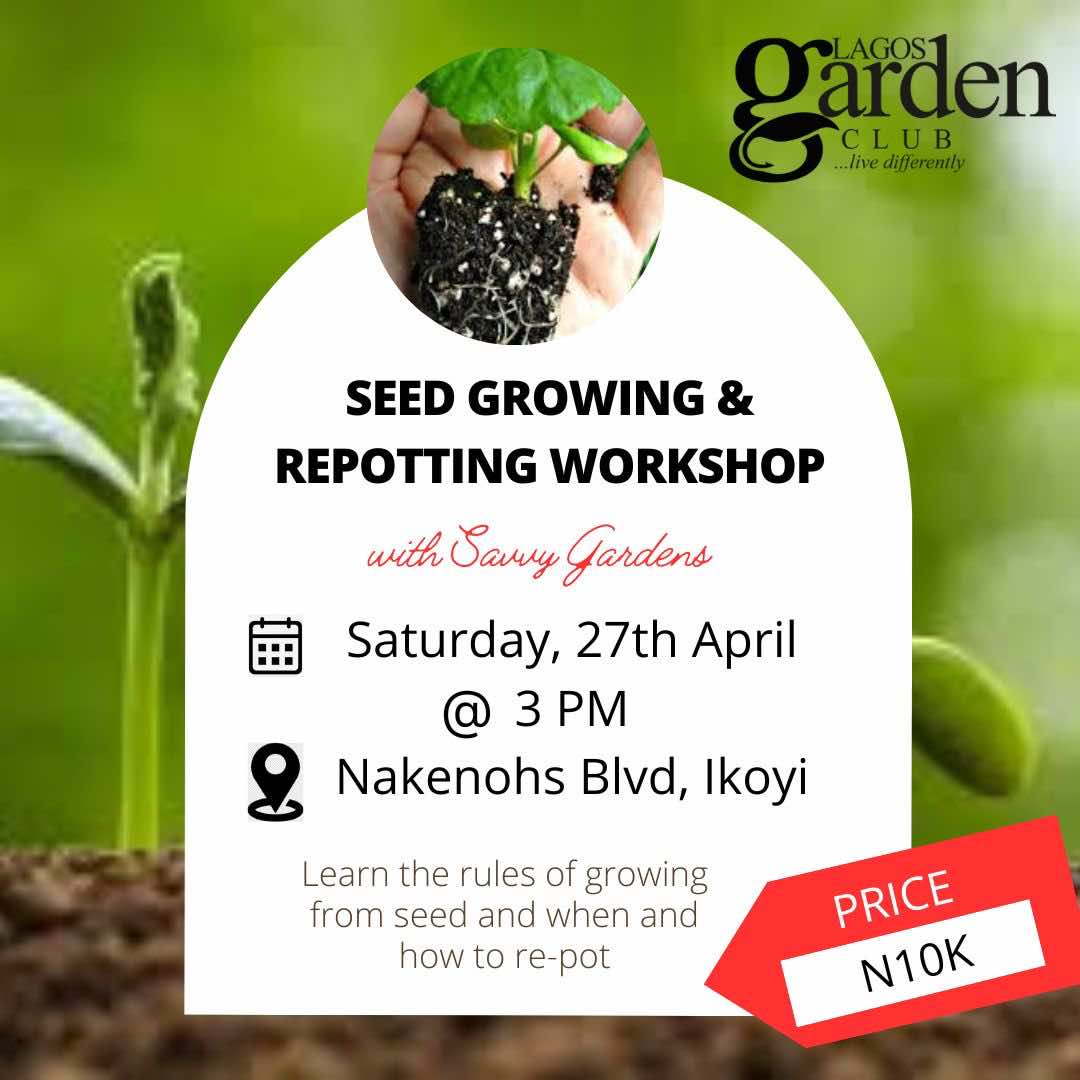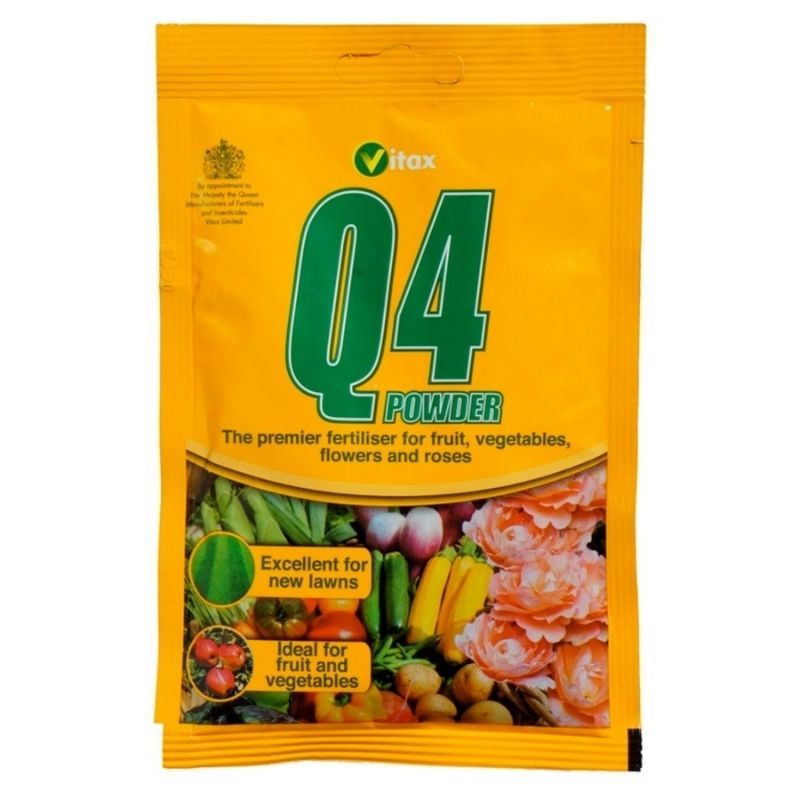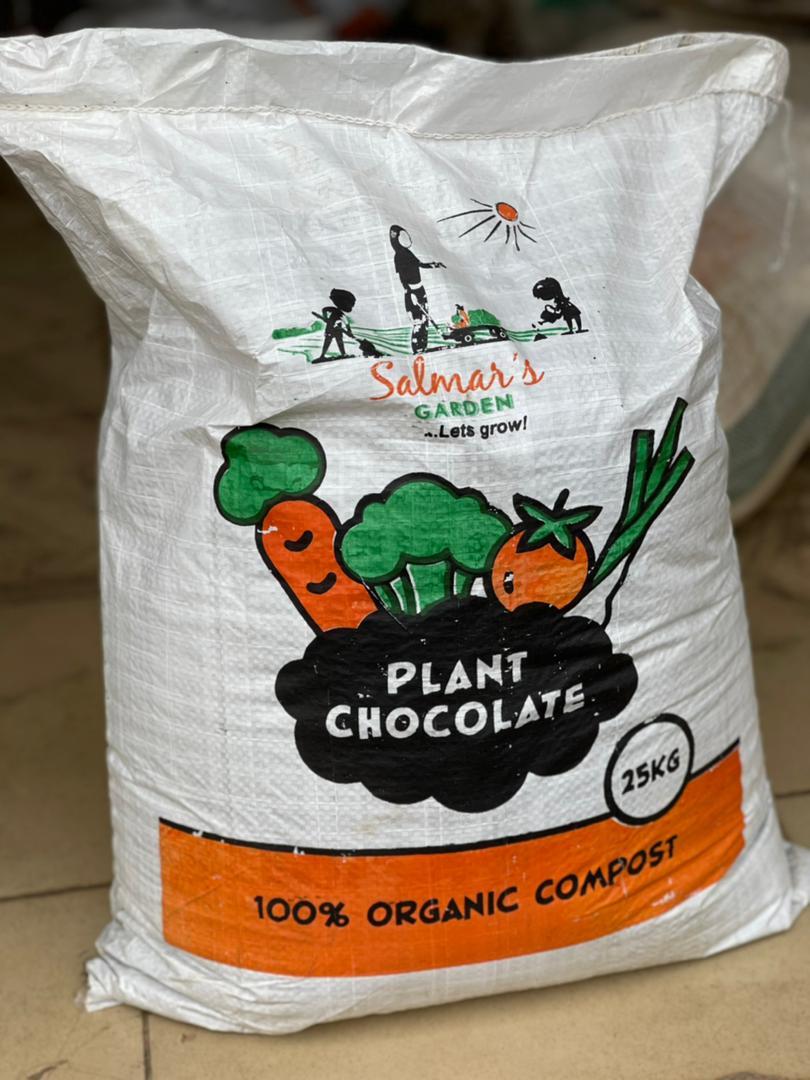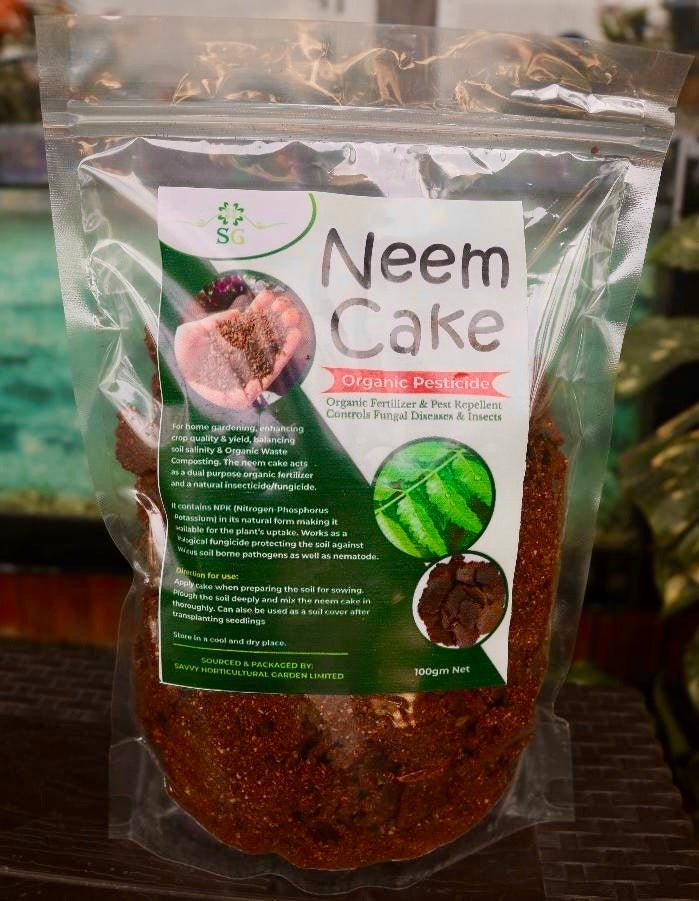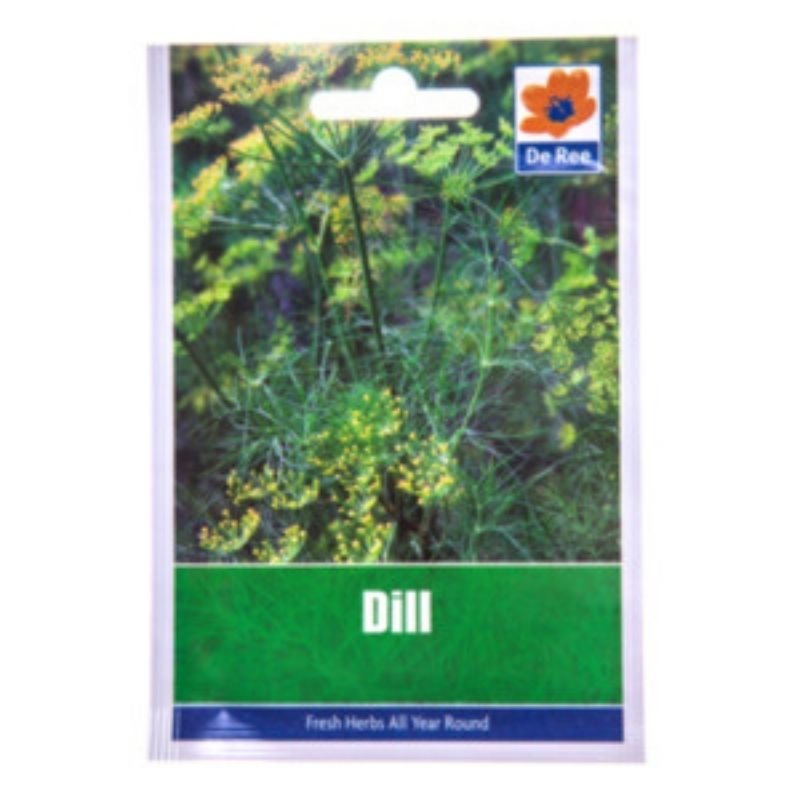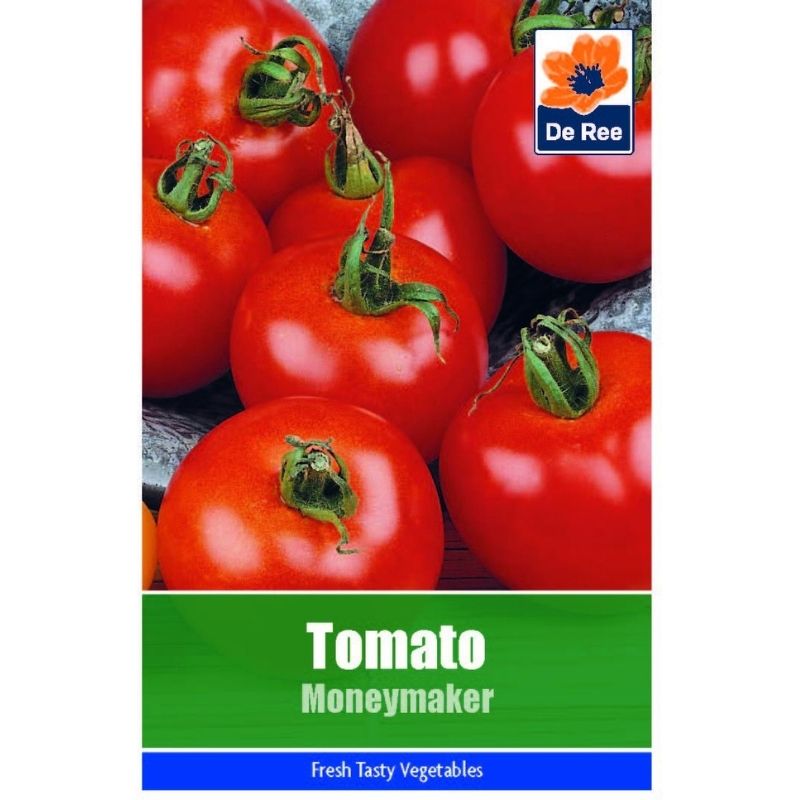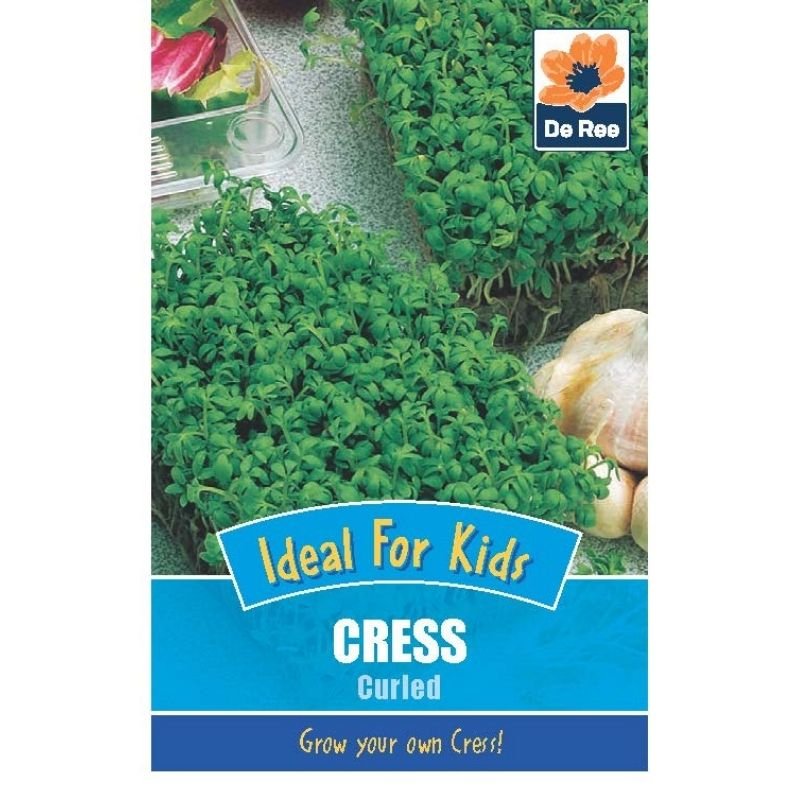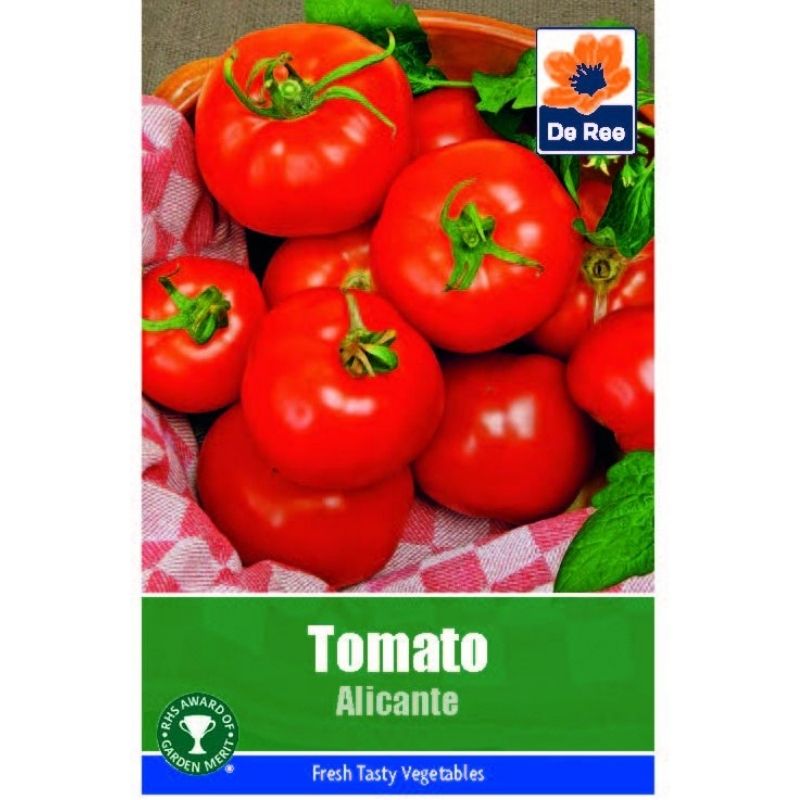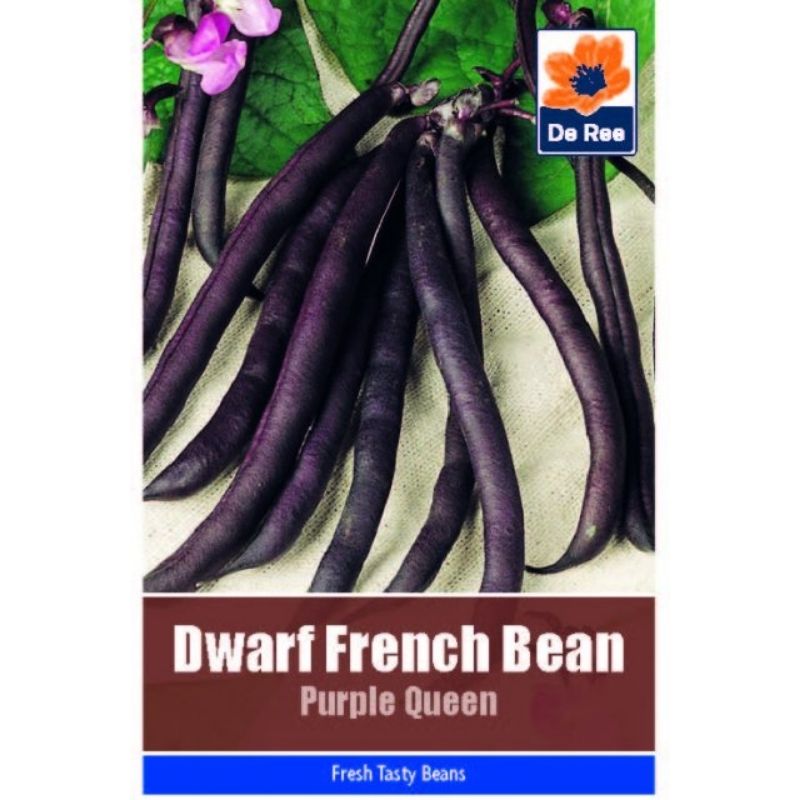Compost vs Manure
The use of compost and manure is a practice that has been popular in gardening for a very long time. These materials are primarily added to the soil to improve fertility, supplying all the essential nutrients needed by the plant. There are a lot of benefits we can derive from these materials.
Before you use any of them, you must understand what they are, their benefits, and the proper way of using them in your garden.
What is Compost?
Compost is decomposed organic material. It is a product of plants and in some cases, animal residue, broken down by bacteria, fungi, microbes, and other organisms collectively called decomposers. After all the materials are decomposed, the final result is dark brown humus.

What is Manure?
Manure is also a form of organic material specifically derived from livestock wastes such as chicken and ruminants e.g. cattle, sheep etc. Animal manure can be used either raw or composted. Fresh manure must be incorporated in the soil for 120 days to allow it to age. Like compost, its primary function is to make the soil fertile.
Back in time, manure was primarily used as fertilizer to keep plants healthy and flourishing. Nowadays, there are more restrictions imposed on using animal manure in gardening due to health risks.
Comparison Between Compost and Manure
To understand the similarities and differences between compost and manure, here’s a table of comparison you can refer to.
| COMPOST | MANURE | |
|---|---|---|
| Materials Used | Residuals from food processing, manure and agricultural by-products, forestry and forest products, sewage sludge, and trimmings from leaves, brush, and yard | Waste from livestock animals such as excretions (feces and urine), old beddings, feed wastes, used water and hair trimmings |
| Physical Form | Dark-brown humus | Liquid, slurry, semi-solid, and solid depending on the dry matter content |
| Relative Nutrient Availability | Low, slow-release of nutrients | High -Medium, depending on liquid/solid |
| Manner of Application |
For container gardening: Combine compost with garden soil and other soil amendments |
For fresh manure: Incorporate into the soil and allow it to mature or age for several months (at least 120 days) |
|
For garden beds: Add compost to the soil as you prepare the beds |
For composted manure: Apply half-inch layer of composted manure on the beds and spread it over. Add more if the soil is very low organic matter. |
|
|
For mulching: Apply a 3-inch layer of compost on top of garden beds beds |
||
| Cost | Low - Medium cost (Free when made yourself) | Low |
Benefits of Compost and Manure
Generally, the benefits of using compost and manure are almost the same. That’s why they can be used alternately depending on your preference.
Increases Soil Fertility
Compost and manure are both rich in organic matter and are highly packed with all the essential nutrients needed by the plant to grow healthily. Amending a depleted soil with these materials will significantly raise its nutrient content. Thus, you can reduce the application of inorganic fertilizers.
Improves Soil Structure and Texture
Adding compost or manure as a soil amendment to your garden soil will increase soil aggregation. It creates more spaces for oxygen and water. It reduces the compaction of clay soils. It also helps sandy soils to retain more moisture and nutrients.
Encourages Activity of Beneficial Organisms
Because compost and manure house a lot of bacteria, fungi, and other organisms, adding them to the soil will encourage biological activity. They hasten the conversion of organic matter into nutrients that the plant can utilize.
Uses of Compost
Soil Amendment
Use compost as a soil amendment. It’s usually added to garden soil along with other amendments such as perlite, vermiculite, or sand.
Mulch
You can use compost or manure as a top dressing in garden beds.
You can purchase compost from our online store. If you want to build your own compost and reduce your waste at home, learn more here.
Caution in Using Compost and Manure
Health Risks
If using fresh manure, make sure to apply it at least 120 days before harvest of the crops to reduce the risk of getting contaminated by human pathogens such as E. coli, Salmonella, and Campylobacter bacteria, and Giardia or Cryptosporidium protozoa.
When composting manure and other organic wastes, make sure that the composting process is done properly. Ensure that your pile reaches a temperature of between 131°F and 140°F for several weeks.
Overfertilization
Overuse of compost and manure can also be likened to excessive fertilization. Increased soluble salts, too much organic matter, and altered pH are just some of its negative effects on soil. Make sure to use compost or manure only when the soil needs it.
Advantages and Disadvantages of Using Compost and Manure
To help you decide on which soil amendment to use between compost and manure, here’s a summary of the advantages and disadvantages of each one.
| ADVANTAGES | DISADVANTAGES | |
|---|---|---|
| Compost | Lower water content than manure | Slower release of available nutrients than manure |
| High organic matter content that improves soil health | Efficiency depends on the amount and nature of organic wastes used | |
| Introduces beneficial microbes to the soil profile which further enhances nutrient cycling | Composting at home may produce unwanted odour around the neighbourhood. | |
| Low - Medium cost (Free when made yourself) | ||
| Can be produced at home in small spaces using a container | ||
| Manure | Low cost | Varied nutrient content depending on the animal from which the manure is derived |
| High organic matter content that improves soil health | May introduce human pathogens if not handled correctly | |
| Supplies N, P, K, and other nutrients both in available and slow-release form | May carry weed seeds |
While you may find yourself torn between compost and manure, remember that both have their own sets of benefits and downsides. Whether you choose to use the one over the other, what’s more important is that you use them properly and cautiously in your garden.


